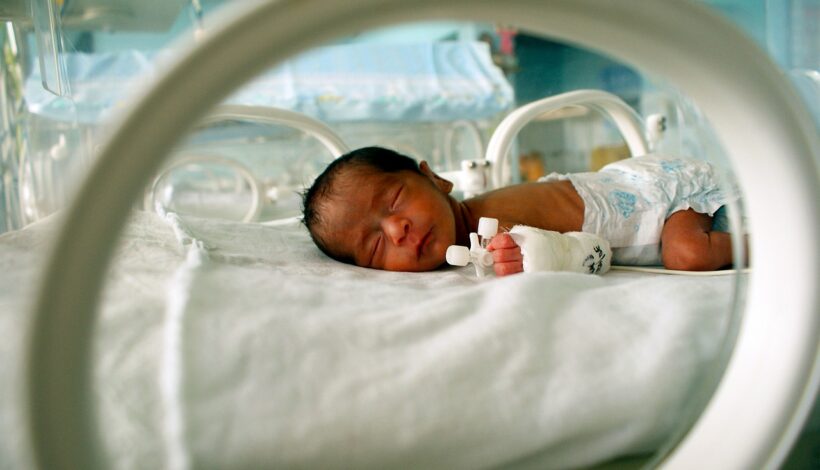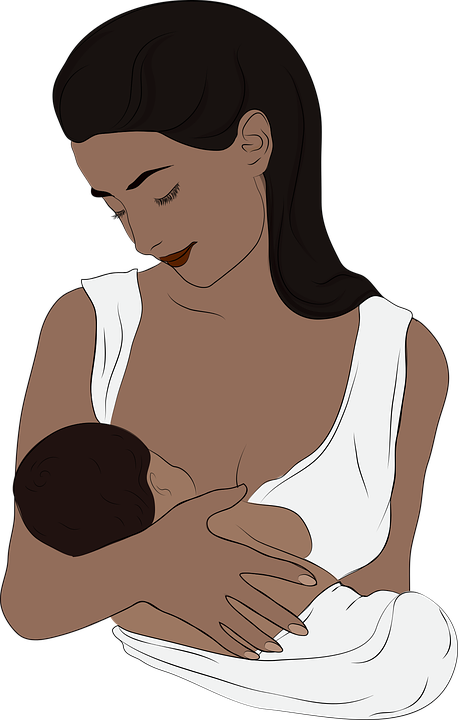The ethical situation that comes to mind this week is religious ethics. This theory focuses on religion, often shaped by a parent’s upbringing and older family members. For example, Jehovah’s Witness parents do not allow blood transfusions. This becomes critical when a baby in the Neonatal Intensive Care Unit (NICU) needs a transfusion. In such cases, the treating neonatologist may need a court order to administer the transfusion. In extreme emergencies, if two doctors sign off that immediate action is necessary, the baby will receive the transfusion while the court order is pending.
As a parent of a premature baby myself, I could not imagine not doing everything possible to save my child. Yet religious ethics prioritize the parents’ beliefs, even when medical decisions are life-saving (Denisco & Barker, 2012).
The parents’ refusal can hinder care, but nurses must promote family-centered care, involving caregivers in decision-making whenever possible (Meadow, Feudtner, Matheny Antommaria, Sommer, & Lantos, 2010).
I recall my experience in a level 3 critical NICU, where many rooms were open due to the infants’ conditions. I watched a baby deteriorate rapidly, and the healthcare team discussed urgent transfusion needs openly. As a parent, it was heartbreaking. As a nurse, I wondered how I would handle such a situation, balancing professional responsibilities with compassion for the parents.
The nurse manager at the time criticized the parents, calling their decisions ignorant. While part of me understood her frustration, the compassionate nurse in me knew these parents faced an agonizing choice. I reminded the manager that, regardless of personal opinions, our role was to support the family, ensure the infant’s safety, and provide care—whether or not the parents agreed. By law and ethical standards, the baby would receive the transfusion if medically necessary, often by court order, but our empathy and guidance were essential for the parents during this crisis.
With religious ethics, we may not agree with the family, but as nurses, we must respect their customs and beliefs as long as the baby’s life is not in immediate danger. Compassion and empathy guide us in navigating these difficult situations.
References:
Denisco, S. M., & Barker, A. M. (2012). Advanced practice nursing: Evolving rules for the transformation of the profession (2nd ed., pp. 569-581). Retrieved from https://campus.capella.edu/web/library/home
Meadow, W., Feudtner, C., & Matheny-Antommaria, A. H. (2010, April 13). A premature infant with necrotizing enterocolitis. Special Articles – Ethics Rounds. http://dx.doi.org/10.1542/peds.2010-0079






